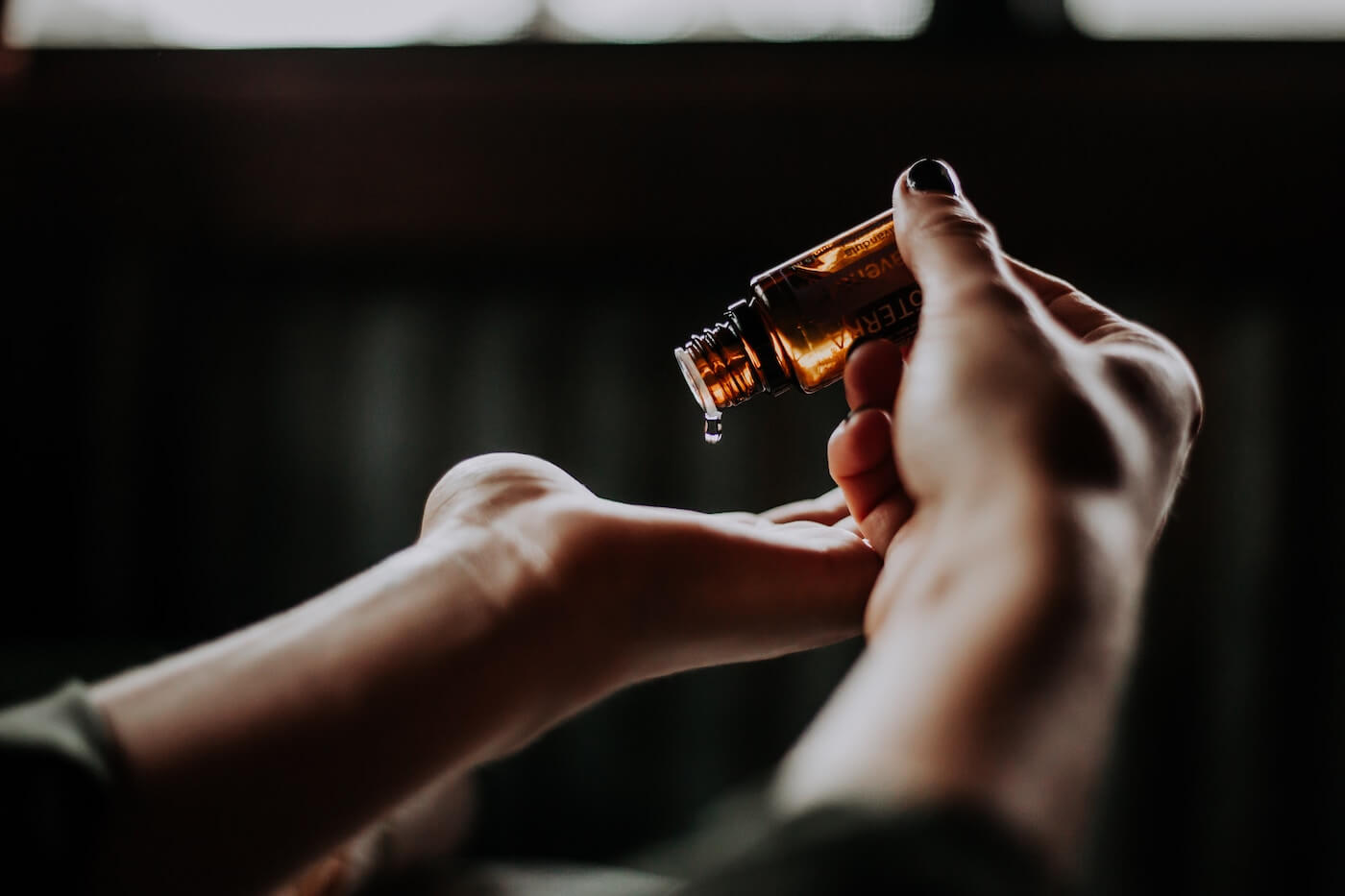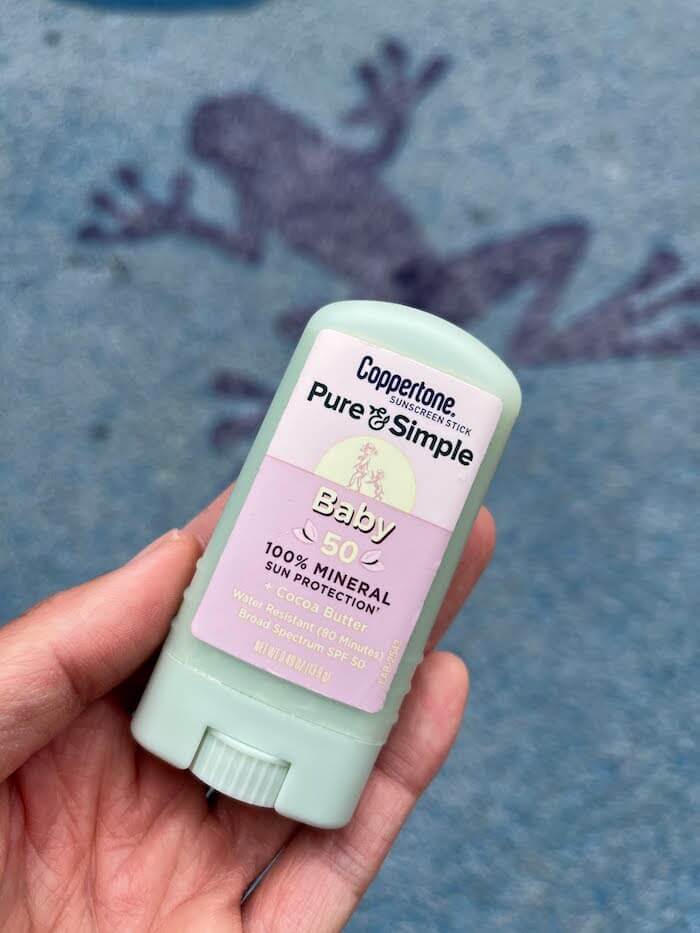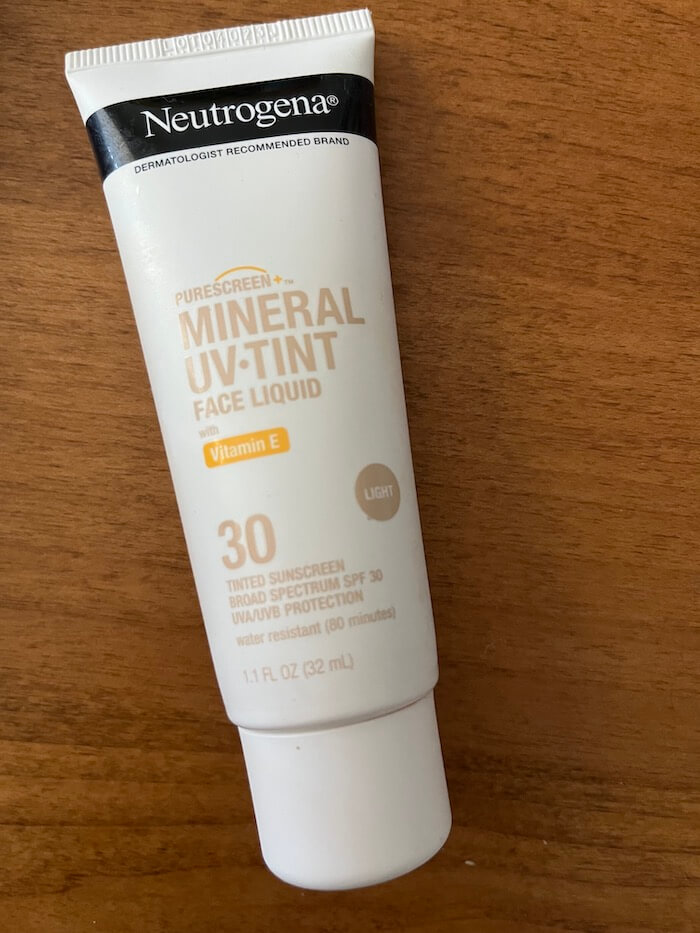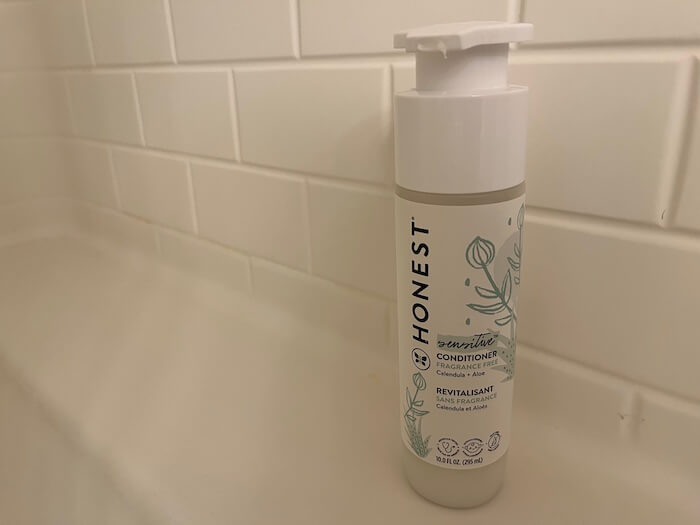Phthalates in personal care products: Should you be concerned?
Here are the four ingredients to watch out for. Plus, yet another reason to opt for fragrance-free products.
Phthalates are one of the 400 ingredients that Brandless bans from its personal care products. This piqued my interest because I have heard some rumblings about phthalates before. These chemicals are used in lots of products, ranging from plastic toys to shampoos. I decided to dig into the research and see what I could find. According to the FDA, three types of phthalates appear in cosmetic products:
- dibutylphthalate (DBP), usually in nail polish
- dimethylphthalate (DMP), usually in hair sprays
- diethylphthalate (DEP), usually in fragrances

Phthalates: Safety concerns and trends
In 2002, the Cosmetic Ingredient Review found that these three phthalates were safe for use in cosmetics at low concentrations. The CDC’s official position on phthalates is that more research is required before it can comment on the health effects of exposure to phthalates, even though phthalates have been shown to affect the reproductive system in animal testing. But two more recent studies from the Harvard T.H. Chan School of Public Health have indicated that phthalates may play a role in increasing the chances of miscarriage and gestational diabetes.
Nevertheless, in order to cater to people’s fears, more and more companies are publicly declaring that their products are formulated without phthalates (though I’m not sure if anyone is actually checking up on the accuracy of those claims if the product is classified as a cosmetic, not a drug). In 2010, the FDA conducted a study of phthalate usage in personal care products, and found that phthalate usage had dropped significantly since 2004, and that only one of the three ingredients was still used: DEP, or diethylphthalate.
If you’d like to stay on the safe side, and you want to avoid any products that contain phthalates, the best way to do so is to check the ingredients label for any of the three ingredients listed above (DBP, DMP, and DEP). However, there is a loophole, which I like to call the F-word: Fragrance.
Yet another reason to hate fragrances
The FDA does not require manufacturers to list the ingredients included in the fragrances they use, so the word “fragrance” in the ingredient list could be composed of many other ingredients, including phthalates like diethylphthalate. The FDA also does not require companies to disclose if the fragrances they use contain phthalates. As such, the FDA recommends that “Consumers who nevertheless do not want to purchase cosmetics containing DEP may wish to choose products that do not include “Fragrance” in the ingredient listing.”
This gives me yet another reason to dislike fragrances in personal care products. When you buy a product that lists “fragrance” in the ingredients, you’re actually getting any number of hidden ingredients that aren’t disclosed on the label. Therefore, opting for fragrance-free products isn’t just good for sensitive skin that may react poorly to any one of the components of a fragrance—it’s also a good idea if you’re strictly trying to avoid undesirable ingredients like phthalates.
I spot-checked the ingredient lists of some of the products the FDA tested in its 2010 phthalates study, and searched for the word “phthalate” in each of them. None of them included phthalates, but they all listed “fragrance”. Either these companies reformulated their products to remove phthalates since 2010, or they included phthalates in whatever fragrance they used. This is a thoroughly unscientific way to support the idea that you should be wary of fragrances in personal care products if you’re concerned about ingredients like phthatlates.
But still, it’s wise to keep in mind that “fragrance” can be a loaded word in the world of cosmetics and personal care products: you might be getting more than you bargained for.
Photo by: unsplash-logoChristin Hume




Share this post
RSS
Facebook
Reddit
Email